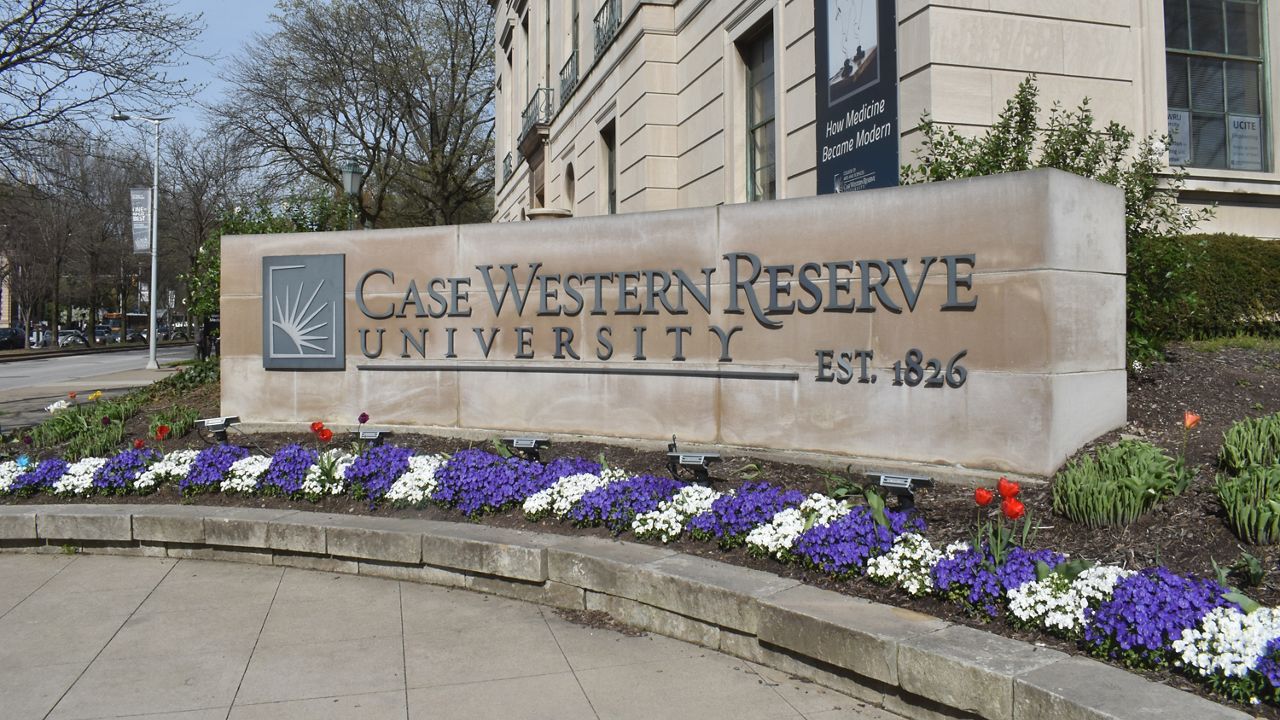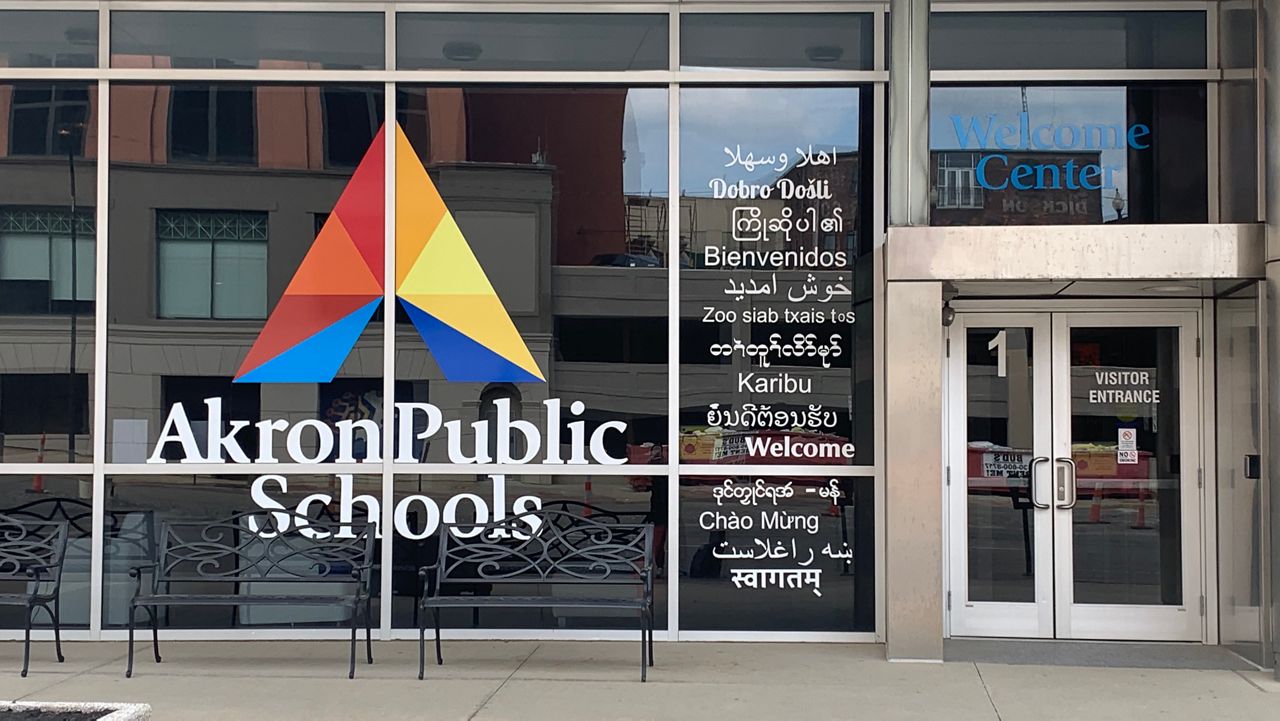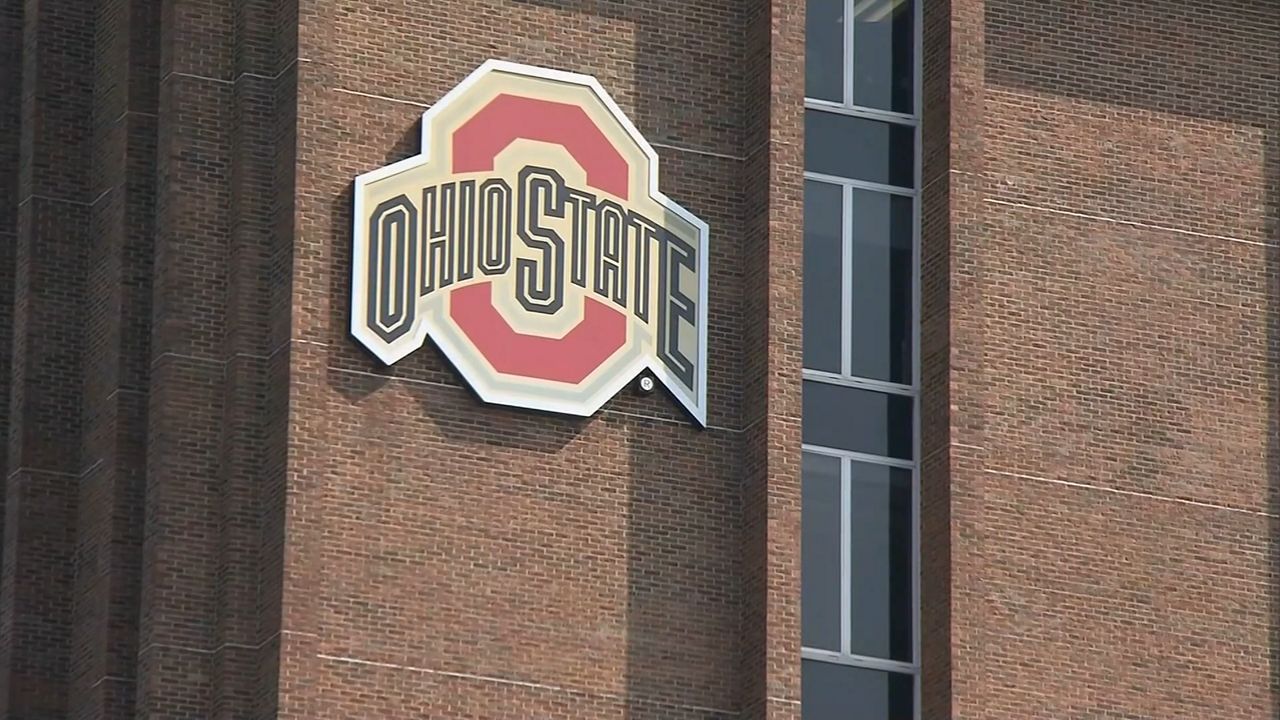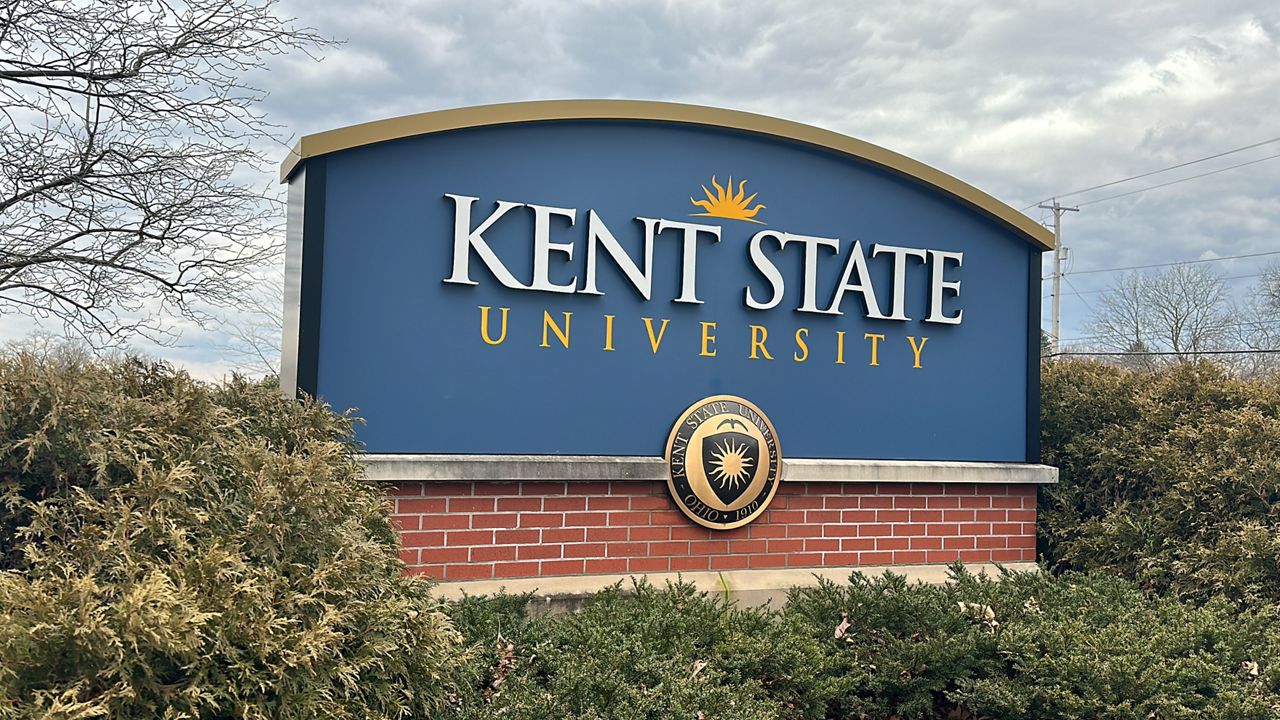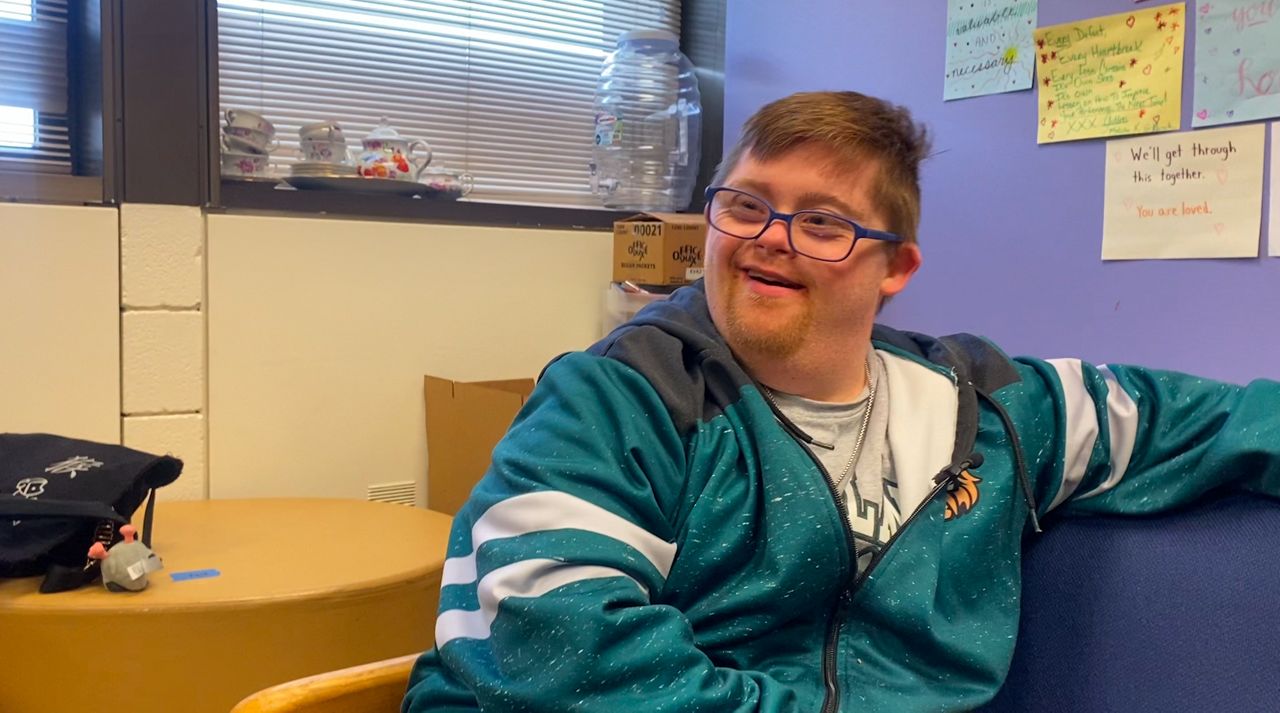CLEVELAND — Case Western Reserve University confirmed Tuesday that four current students had their F-1 visa status terminated without notice over the past two weeks.
It’s part of a growing trend in colleges throughout the U.S. and Ohio as the State Department continues to revoke student visas.
CWRU said the revocation of the visas means it’s now illegal for the students to study at the university or work in the U.S.
“I know how disconcerting this might be for many in our community. Let me say again what I said on Feb. 5 — namely, international students, faculty, staff and postdocs are and will continue to be an essential part of the Case Western Reserve community,” said President Eric Kaler in a statement.
Kaler said a team across the university that includes the VISA office, the Division of Student Affairs and academic leadership within relevant schools are working with the affected students on next steps.
As student visas across the U.S. continue to get revoked, the CWRU VISA Office recommended the following steps:
- All international students, faculty, staff and postdocs should cancel any travel outside of the U.S. until further notice
- Members of the international community should carry evidence of their valid immigration status with them at all times — this includes I-94s, visa stamps, EADs, Permanent Resident Cards and I-485 receipts
- All faculty must pre-register with any university-related international travel with the Office of International Affairs, which will allow CWRU to help with emergencies during travel
- Tell friends and family members about your plans, your travel, where you’re going and more to make sure someone knows your status daily
CWRU is among the latest Ohio universities to have students get their visas revoked. As of Tuesday, Ohio State University, Kent State University, the University of Akron, Xavier University and the University of Cincinnati have had student visas revoked by the State Department.
In recent weeks, several international students who have had their visas revoked have filed lawsuits against the Trump administration, arguing the government denied them due process when it suddenly took away their permission to be in the U.S.





